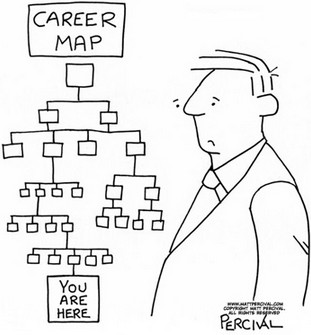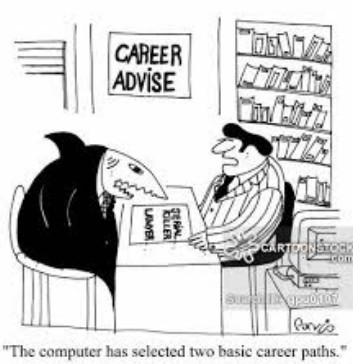When I came to Scripps College, I had a vague understanding of what I wanted to study [politics]. Some people have a clear path [pre-Med, pre-Law] and I think I took my friends’ steadfast career intuition a little too seriously my freshman and sophomore year. While most people at age 18, especially those who choose to attend a well-rounded, liberal arts college, do not know exactly what professional field they want to pursue, I felt like I was the only one who did not have a concrete plan of action. If you’re feeling like this as an underclassman – DON’T! 
During my hiatus on “finding the perfect career and major”, I invested hours in trying to discover my perfect career and major. I became obsessed with personality quizzes that claimed to find your one-true job. I pestered all my upperclassmen friends with questions on how to pick a major/career. I looked at CEOs and world leaders’ Wikipedia pages to find their majors and previous jobs. I went to a ton of CP&R career-info sessions [even one on the CIA!]. I looked everywhere to find answers to these questions when in fact, they don’t have always have concentrate answers.
Yes, by sophomore year students have to declare a major. But your major by no means determines your career. So while majors are not the-end-all-be-all, still you should not make this important decision based solely on an online quiz, or what your friend thinks they see you doing. If anything, these quizzes and friends will reinstate the qualities and personality traits you already know you have. So take outside viewpoints into consideration, but really think about what classes excite you and what classwork interested you the most. I chose Public Policy Analysis because the most interesting class discussions surrounded public policies. I found that all my papers [in CORE, Economics, even Spanish] focused on how social and economic policies affected people. When looking through the course catalog for the upcoming year, the classes that sparked my interest the most were all in the Public Policy Analysis Department.
In regards to a career, my extensive research showed me that there is absolutely no way I can formulate a definite career path at age 20. Careers take twists and turns, hit bumps, and are fast-tracked. My internship experience has told me a lot more about what type of career I want than quizzes or friends’ opinions. I enjoyed the exciting pace of legislative work, and how it was always tied in to relevant events. I also enjoyed working in all-women environments, which I have been able to do for the past two summers [and at Scripps]. I also learned that it’s good to have long-term goals, but it might be more practical to have short-term goals [i.e. where do I want to be right after college, not where do I want to be before I retire]. So if you’re unsure the answers to life’s “big” questions, do. not. panic. By focusing on what I’m interested in at the moment [public policy, women’s rights, labor economics] and beginning to formulate short-term plans [researching graduate schools] I do not feel overwhelmed, but I do feel productive!

